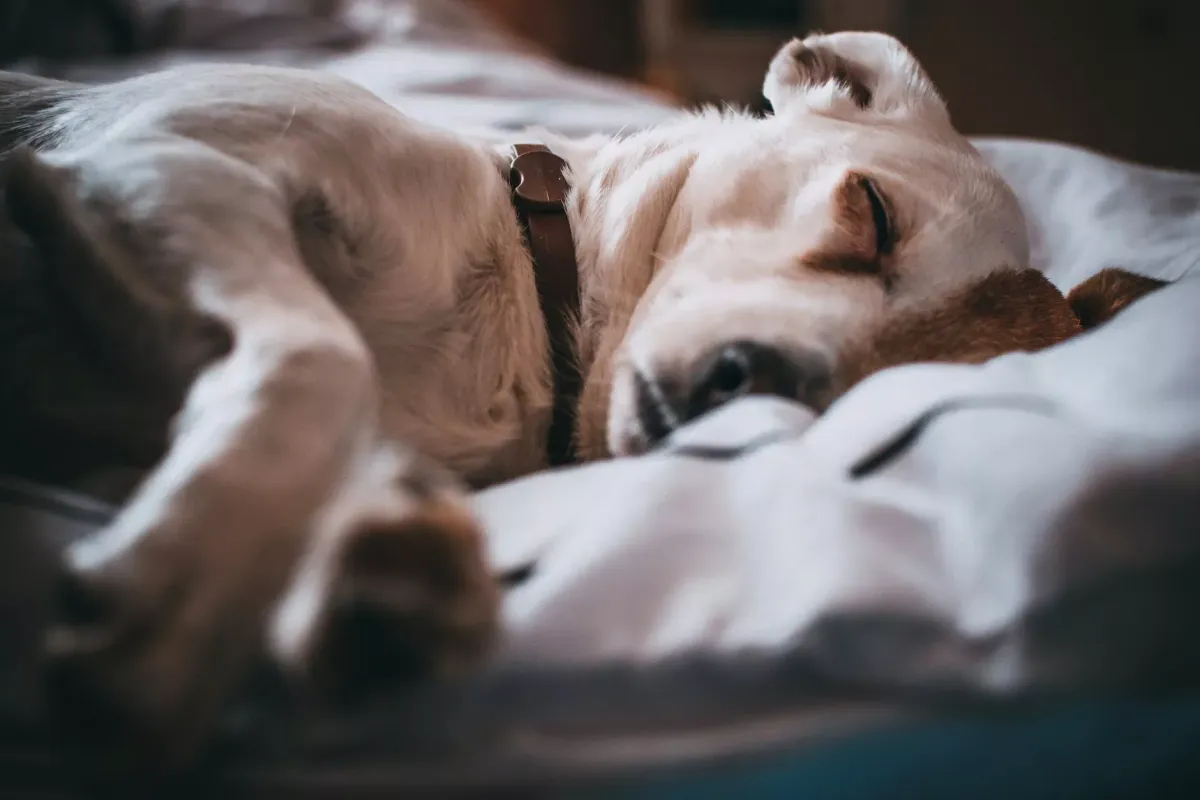Do Evening Cycling Workouts Do More Harm than Good?

For many cyclists, finding time to train during the day can be a struggle due to work, family, and other commitments. However, it is unclear how hard exercise in the evening affects our sleep quality and recovery.
The body’s sleep and wake cycle follows a roughly 24-hour cycle called circadian rhythm, which is primarily influenced by light. The master clock, a group of nerve cells in the brain called the suprachiasmatic nucleus, controls the production of melatonin, a hormone that makes you sleepy.
The Facts on Training and Sleep
- Adults require at least 7-8 hours of sleep nightly, and athletes may require even more (National Sleep Foundation, 2022).
- The quality of sleep can impact athletic performance and recovery (Fullagar et al., 2015).
- High-intensity exercise can increase heart rate and delay the onset of sleep (Youngstedt et al., 2005).
- Proper sleep hygiene, such as establishing a regular sleep schedule, minimizing exposure to light, and avoiding stimulating activities before bedtime, can improve sleep quality (Hirshkowitz et al., 2015).
- The study referenced in the article found that hard-intensity exercise in the evening did not disrupt sleep quality in endurance runners (Thomas et al., 2019).
- The study participants were endurance-trained runners, and more research is needed to determine if the results are generalizable to other types of athletes or individuals.
Exercise increases energy and catabolic hormone production, including cortisol, epinephrine, and norepinephrine, which increase heart rate, adrenaline, strength, blood flow, and testosterone production. High-intensity workouts cause the body to produce even more of these hormones. However, once these hormones have powered you through your workout, they remain in your system and may interfere with sleep.
Rest is crucial for training. The classic equation of Stress + Rest = Growth applies to training, meaning that hard rides every day or doing the same exercises every session can lead to muscle breakdown rather than growth. Thus, proper rest and recovery are necessary, including easier rides, days off, and proper fueling.
Quality sleep is a critical part of the rest equation, with most adults requiring 7-8 hours of sleep nightly and athletes requiring even more. However, for people with busy schedules, training in the evening or early nighttime may affect their ability to obtain quality sleep.
A study conducted by sports scientists from the NBA Philadelphia 76ers and Liverpool John Moores University in the UK compared the effects of hard-intensity training and endurance training in the evenings on sleep quality and heart rate variability. The study found that there was no significant difference in sleep quality between the evenings of hard exercise and endurance training. Participants reported similar sleep quality and had lower time awake after both types of exercises compared to no exercise. Overall, the study suggests that hard exercise in the evening may not detract from getting a good night's sleep and may even improve sleep quality. It is unnecessary to adjust training away from hard exercise if you train in the evening. However, it is important to ensure that you have sufficient amounts of quality sleep, which is critical to the rest side of the equation.
Circadian rhythm is habitual, and changes in sleep, diet, and environment take time to affect the body. If your body is accustomed to late-night workouts, their effect on sleep may be minimal. However, it’s crucial to address any problems when the circadian rhythm and workout schedule are out of sync.
It’s essential to determine whether the benefits of evening workouts outweigh the potential drawbacks of poor sleep quality. Every body is different, and it may take 7-10 days for your body to adjust to training later in the day, and sleep quality should improve.
To improve sleep quality without medication, try giving yourself a couple of hours before bedtime to recover, avoid workout supplements with high caffeine content, block blue light on your devices, and consider doing some yoga to relax and meditate before bed. These practices can help you to recover and complement your training to achieve the desired fitness gains.
References:
Fullagar, H. H. K., Skorski, S., Duffield, R., Hammes, D., Coutts, A. J., & Meyer, T. (2015). Sleep and athletic performance: The effects of sleep loss on exercise performance, and physiological and cognitive responses to exercise. Sports Medicine, 45(2), 161–186. https://doi.org/10.1007/s40279-014-0260-0
Hirshkowitz, M., Whiton, K., Albert, S. M., Alessi, C., Bruni, O., DonCarlos, L., Hazen, N., Herman, J., Adams Hillard, P. J., Katz, E. S., Kheirandish-Gozal, L., Neubauer, D. N., O’Donnell, A. E., Ohayon, M., Peever, J., Rawding, R., Sachdeva, R. C., Setters, B., Vitiello, M. V., … National Sleep Foundation’s updated sleep duration recommendations: Final report. Sleep Health, 1(4), 233–243. https://doi.org/10.1016/j.sleh.2015.10.004
National Sleep Foundation. (2022). How much sleep do we really need? https://www.sleepfoundation.org/press-release/national-sleep-foundation-recommends-new-sleep-times
Thomas, C., Jones, H., Whitworth-Turner, C., & Louis, J. (2019). High-intensity exercise in the evening does not disrupt sleep in endurance runners. European Journal of Applied Physiology, 119(1), 177–186. https://doi.org/10.1007/s00421-019-04280-w
Youngstedt, S. D., O’Connor, P. J., & Dishman, R. K. (2005). The effects of acute exercise on sleep: A quantitative synthesis. Sleep, 28(6), 663–671. https://doi.org/10.1093/sleep/28.6.663





